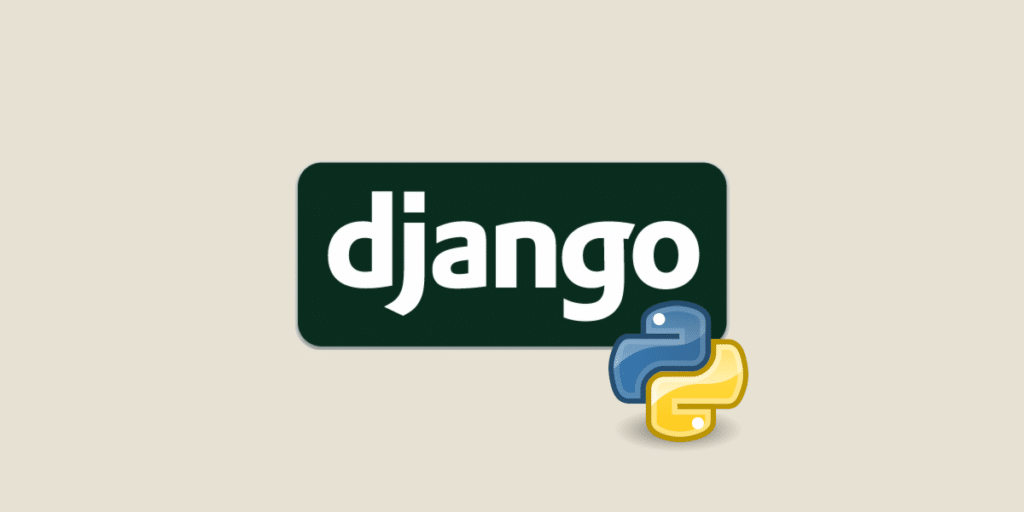Why Choose Django for Web Development

In the vast landscape of web development, choosing the right framework can make or break a project. Enter Django, a high-level Python web framework that has been a game-changer for developers since its inception. Designed to make web development simpler and more efficient, Django provides a wealth of features and tools that help streamline the process of building complex web applications. Here’s a deep dive into what makes Django a standout choice for web developers.
What is Django?
Django is an open-source web framework built using Python, known for its "batteries-included" philosophy. This means it comes with a lot of built-in functionality, reducing the need for developers to reinvent the wheel. Created by Adrian Holovaty and Simon Willison in 2005, Django aims to make web development faster and easier by providing reusable code, a built-in admin interface, and a clear, structured approach to development.
Key Features of Django
Robust Admin Interface: One of Django’s standout features is its automatically-generated admin interface. This powerful tool allows developers to manage application data with ease. It’s not just a backend tool but can be customized to meet specific needs, saving developers significant time and effort.
ORM (Object-Relational Mapping): Django’s ORM simplifies database interactions by allowing developers to work with database models using Python code. This abstraction layer handles the conversion between data types in your application and database tables, making database operations more intuitive.
Security: Security is a major focus in Django’s design. The framework comes with built-in protections against common web vulnerabilities such as SQL injection, cross-site scripting, and cross-site request forgery. Django’s emphasis on security helps developers build applications that are less susceptible to attacks.
Scalability: Django is designed to scale efficiently. Whether you’re building a simple blog or a complex e-commerce platform, Django’s architecture can handle increasing amounts of traffic and data without compromising performance.
Rapid Development: Django’s "don’t repeat yourself" (DRY) principle encourages developers to write reusable code. Coupled with Django’s built-in components and extensive libraries, this principle significantly accelerates the development process, allowing for faster iteration and deployment.
Rich Ecosystem: The Django ecosystem is vast, with a multitude of third-party packages and plugins available. Whether you need tools for authentication, payments, or analytics, there’s likely a Django package that fits your needs. The strong community support ensures that help and resources are always within reach.
Why Choose Django?
1. Efficiency and Speed: Django’s design principles and built-in tools promote rapid development, making it an excellent choice for startups and enterprises that need to get their applications up and running quickly.
2. Python-Based: For Python developers, Django is a natural choice. Its seamless integration with Python’s rich ecosystem allows for leveraging existing Python libraries and tools, enhancing productivity and consistency.
3. Scalability: Django’s scalability makes it suitable for projects of all sizes. As your application grows, Django’s architecture can handle increased demands with minimal adjustments.
4. Community and Documentation: Django boasts a vibrant community and extensive documentation. This means that whether you’re troubleshooting an issue or learning new features, you have access to a wealth of resources and support.
Getting Started with Django
Getting started with Django is straightforward. Begin by installing Django via pip, setting up a project, and creating your first app. Django’s official documentation provides a comprehensive guide for beginners and experienced developers alike. Additionally, numerous online tutorials and courses are available to help you get up to speed quickly.
Conclusion
Django is more than just a web framework; it’s a comprehensive toolkit that empowers developers to build high-quality web applications efficiently. Its robust feature set, strong security, and scalable architecture make it a top choice for projects ranging from small startups to large enterprises. If you’re looking to streamline your web development process and leverage the power of Python, Django is definitely worth considering.
Embrace the Django way of building web applications, and experience a more efficient, secure, and scalable approach to web development. Happy coding!